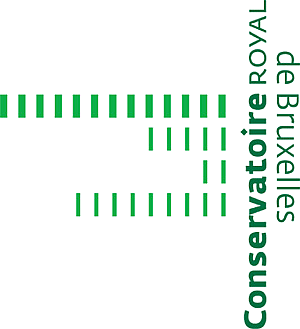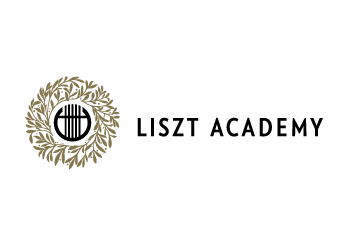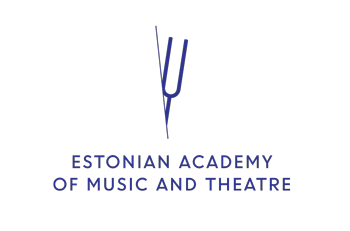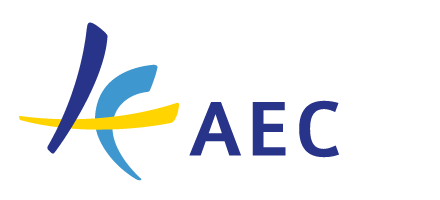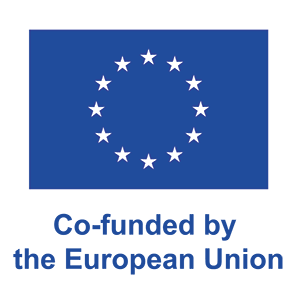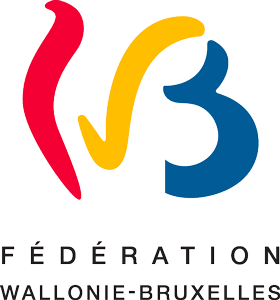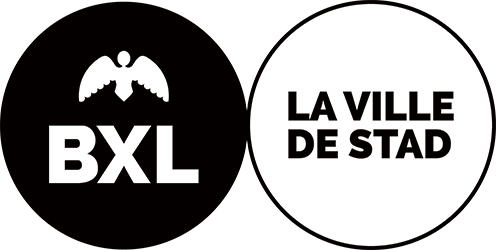Further information
-
assessment
Exam with grade E -
level
Intermediate, Advanced, Expert -
 Completed SemesterBachelors studies, years 2 and 3
Completed SemesterBachelors studies, years 2 and 3 -
How many semesters does the course last?
4 -
hours per week
A lesson in 1 hour 30 minutes plus 15 min individual practical meeting -
 Link of the course
Link of the course -
 Target group of courseInstrumentalists, advanced
Target group of courseInstrumentalists, advanced -
 credits3
credits3 -
 Type of CourseLecture, Practice
Type of CourseLecture, Practice -
Degree Level
Bachelor -
 e-learning-elements-
e-learning-elements- -
Course
Mandatory -
students #
6-15 students -
Hours per year
32 hours of lectures; 16 hours of practical training; 3 hours for examination - in total 51 contact hour. Plus 29 hours for self study . -
BIBLIOGRAPHY
The literature focused on certain period music forms, analysis, genres, etc. -
ONLINE CATALOGUE
WITH CONTENTS -
evaluation grid
-
evaluation grid
and document
Teacher(s)
Rima Povilioniene
current position
prof. dr.
Institution
Lithuanian Academy of Music and Theatre
Be a part of our european project !
This European project (KA 203 Strategic Partnership) created by Salvatore Gioveni promotes cross-border collaboration in the field of Music Theory through sharing knowledge and transferring pedagogical innovation. It thus responds to a lack of centralised source and framework to deepen reflection by means of cross-disciplinary study at European and international level.
There is a significant wealth of educational practices from one country to another in this sector, especially in terms of harmonic musical notation and analysis. However, HMEI's are facing the nonexistence of a European network for pedagogical staff in Music Theory so far. To improve the situation, the project will among other things develop several intellectual outputs such as Online Platform (IO 1), an EU Bibliography (IO 2), a Repository Courses (IO 3), a Multilingual Glossary (IO 4) and an Exchange Online Learning Platform.
Besides the Conservatoire royal de Bruxelles as leader and manager of the project, the following partner institutions are involved: Music Academy S. Moniuszki Gdańsk (Gdańsk, Poland), F. Liszt Academy of Music Budapest (Budapest, Hungary), Estonian Academy for Music and Theatre (Tallinn, Estonia), HfMTh "Felix Mendelssohn Bartholdy" (Leipzig, Germany).
 | 2024
| 2024
